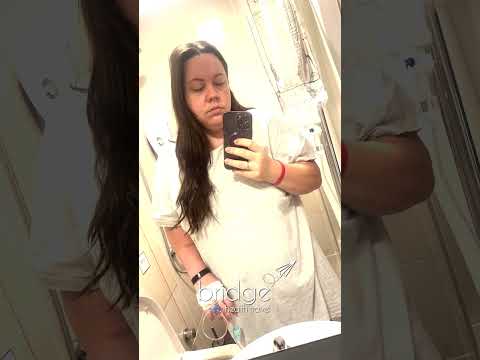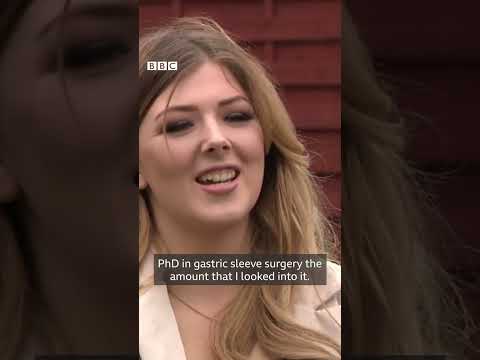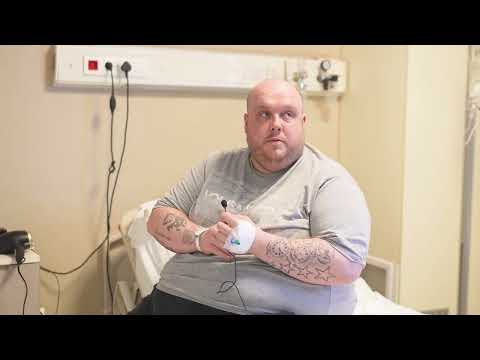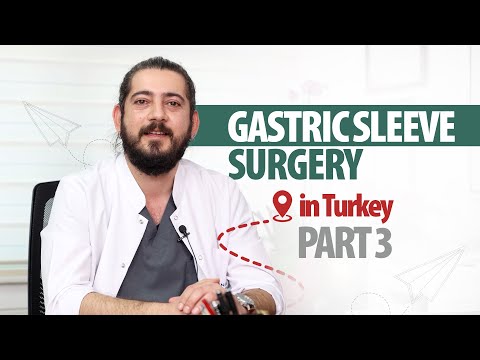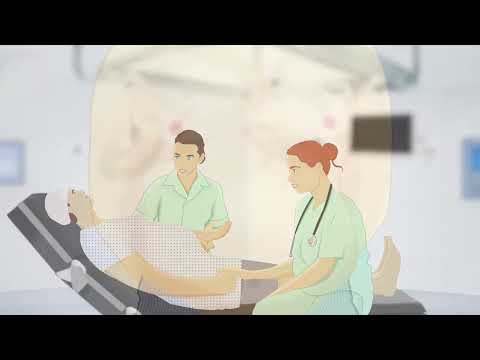Thanks for Katie's comments
Calculate Your Cost / Price
Thanks for Katie's comments
FQ About Gastric Balloon Clinic in Antalya / Turkey
The cost of gastric sleeve surgery varies depending on the country, healthcare provider, and insurance coverage. In the U.S., prices range from $15,000 to $25,000. In countries with public healthcare systems like the UK, the procedure may be covered by the NHS, though private options are available for those seeking quicker treatment.
The cost of gastric sleeve surgery varies depending on the country and clinic. In the UK, private gastric sleeve surgery ranges from £8,000 to £12,000. The procedure is also available on the NHS for eligible patients who meet specific criteria, such as having a BMI over 40.
The intragastric balloon is the first of the endoscopic techniques which have the potential to be important means of achieving weight loss without the need for surgery. This is the only endoscopic technique which currently we offer at CBS. But the field of endoscopic techniques for weight loss is a rapidly developing one and further techniques could be available in the not-too-distant future. The intragastric balloon is a day procedure. You are very lightly anaesthetised during the procedure as it can be... +More
Turkey offers one of the most affordable options for gastric sleeve surgery worldwide. Despite the lower costs, the quality of care remains high. Many clinics offer competitive packages that include everything from pre-surgical tests to follow-up consultations. The affordability does not equate to compromised quality; rather, it is driven by the lower cost of living and the governments focus on medical tourism. Patients can receive world-class treatment at a fraction of the cost compared to Western countries.
Comprehensive Guide to Ozempic, Saxenda, and Wegovy Treatments in Antalya and TurkeyOverview of Weight Loss TreatmentsIn recent years, Turkey has become a hub for medical tourism, offering high-quality healthcare services at competitive prices. Among the sought-after treatments are weight loss solutions using medications such as Ozempic, Saxenda, and Wegovy. These medications are known for their effectiveness in managing obesity and related health conditions, making them a popular choice for individuals looking to... +More
The gastric band scar is typically minimal, as the procedure is usually done laparoscopically through small incisions. The scarring may vary based on the patients healing process, but these small scars usually fade over time. Proper wound care can minimize scarring and promote healing.
The surgery - The mini gastric bypass is reversible. Instead of 2 new connections in the traditional bypass, only one is needed. This reduces the risk of certain complications, such as a leak. It has a lower risk of internal hernias
Sadly, given the diversity of hospital bills, applying for financing to help pay for a plastic or cosmetic surgery in Turkey is not an option. So, the answer to the question of whether you can get a finance in Turkey for surgeries is no. Bariatric Surgery Turkey Price For more details in our article, Can you pay monthly for surgery where you will find all the information about Can you pay monthly for surgery please contact us. Can you pay monthly for surgery Sadly, given the diversity of hospital bills,... +More
The diet after sleeve gastrectomy is crucial for recovery and long-term success. Patients start with a liquid diet, then gradually progress to pureed foods, soft foods, and eventually solid meals over several weeks. A focus on high-protein, low-carbohydrate, and nutrient-dense foods helps maintain weight loss and avoid deficiencies. Hydration and vitamin supplementation are also important aspects of the post-sleeve diet.
After around 7 to 8 weeks you should be able to resume a normal solid food diet. Your gastric sleeve will allow you to eat almost any type or texture of food. You should aim for three well balanced meals each day. Your calorie intake should be between 1000 and 1200kcal per-day. Bariatric Surgery Turkey Price For more details in our article, Will I ever eat normal again after gastric sleeve in izmir where you will find all the information about Will I ever eat normal again after gastric sleeve in izmir please... +More
Can you fly after gastric sleeve surgery? There is no reason why you should not fly as normal with a gastric sleeve. We do not recommend that sleeve patients fly short haul (e.g. Europe) within 7 days of their surgery and that they wait 21 days before flying medium to long haul. Always consume lean protein first, non-starchy vegetables second, and high-fiber carbs or a healthy fat source last. Try to consume at least 64 ounces of hydrating fluids. Avoid added-sugar drinks, carbonation, and excessive caffeine.... +More
Pages
-
£ 1580£ 1450GASTRIC BALLOON PROCEDURE PACKAGE
Give a call to learn more about what’s included and to come up with a tailored plan if you need unique accommodations that are not listed below.
- Airport
- Hotel
- Hospital transfer
- The balloon is placed via endoscopy, the procedure takes 15-20 minutes and you are discharged after 2-3 hours. It is enough to stay here for 1 night.
- Blood samples & x-rays
- 5 year follow up
-
£ 2750£ 2550GASTRIC SLEEVE PACKAGE
GASTRIC SLEEVE PACKAGE COST TURKEY / ANTALYA
Give a call to learn more about what’s included and to come up with a tailored plan if you need unique accommodations that are not listed below.- Airport
- Hotel
- Hospital transfer
- 4 day stay at hospital
- Blood samples & x-rays
- 5 year follow up
-
£ 3100£ 2900MINI GASTRIC BYPASS PACKAGE
MINI GASTRIC BYPASS PACKAGE TURKEY
Give a call to learn more about what’s included and to come up with a tailored plan if you need unique accommodations that are not listed below.- Airport
- Hotel
- Hospital transfer
- 4 day stay at hospital
- Blood samples & x-rays
- 5 year follow up









